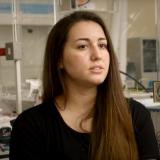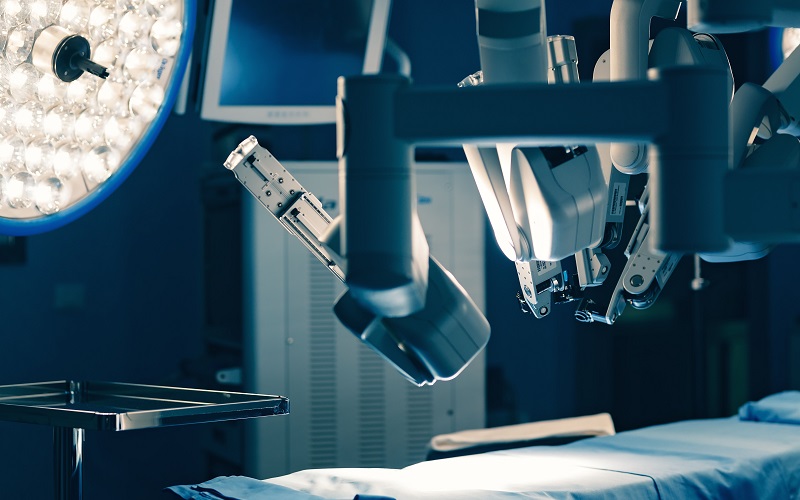Burns, Plastic and Reconstructive Surgery MSc
London, Hampstead (Royal Free Hospital)
Study mode
Overseas tuition fees (2024/25)
£37,500
£18,750
Programme also available on a modular (flexible) basis.
Duration
1 calendar year
2 calendar years
5 calendar years
Programme starts
September 2024
Applications accepted
Applicants who require a visa:
16 Oct 2023 –
28 Jun 2024
Applications closed
Applicants who do not require a visa:
16 Oct 2023 –
30 Aug 2024
Applications close at 5pm UK time
Applications open
Visit us
Online - Open day
Graduate Open Events: Burns, Plastic and Reconstructive Surgery MSc
This online session provides you with an overview of our MSc Burns, Plastic and Reconstructive Surgery programme. The programme overview is followed by a Q&A session with our programme leads. Speaker: Prof Deepak Kalaskar, Programme Lead and Deputy Director MSc Burns Plastic and Reconstructive Surgery.
UCL is regulated by the Office for Students.



